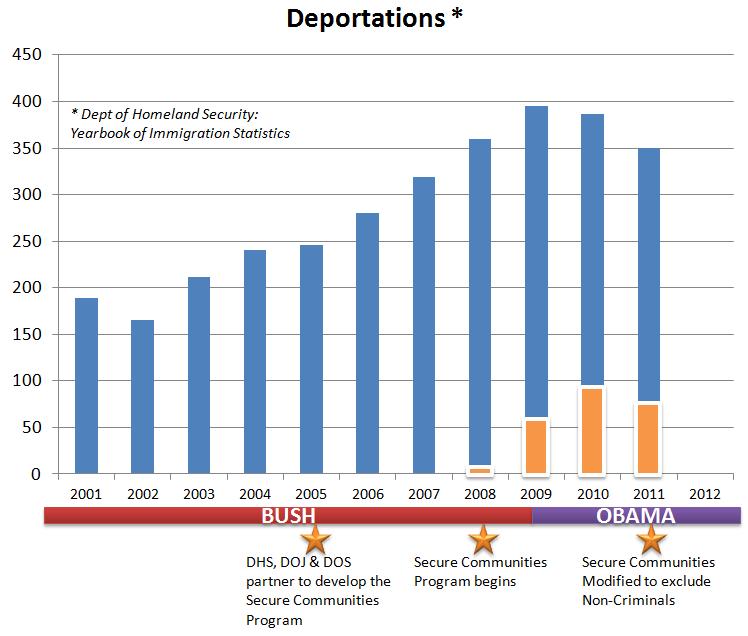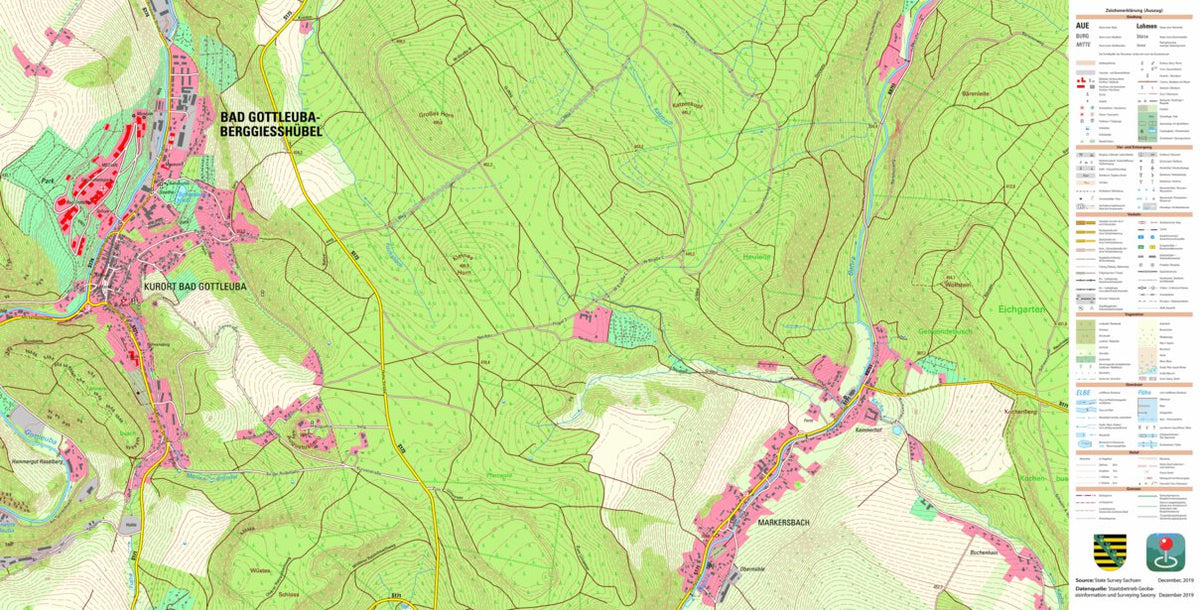From Open Arms To Deportations: Understanding Portugal's Shift On Immigration

Table of Contents
The Historical Context of Portuguese Immigration Policy
Understanding the current state of Portugal's immigration policy requires looking back at its historical role as both a country of emigration and immigration. For centuries, Portugal experienced significant emigration waves, particularly to Brazil, the United States, and other former colonies. These emigration patterns shaped national identity and influenced subsequent immigration policies.
Periods of economic boom were often accompanied by more relaxed immigration policies, while economic downturns typically resulted in stricter controls. The Estado Novo dictatorship (1933-1974) saw relatively restrictive policies, while the post-revolution period witnessed a more liberal approach.
The European Union's free movement policies significantly impacted Portugal's immigration landscape. The free movement of people within the EU resulted in increased immigration from other member states, creating both opportunities and challenges.
- Historical emigration waves: Massive emigration to Brazil during the 19th and 20th centuries, significant migration to the USA and other Western countries.
- Periods of economic boom and bust: Post-colonial economic growth led to increased immigration, while economic crises often led to tighter controls on immigration.
- EU membership (1986): Facilitated the free movement of people within the EU, leading to increased immigration from other member states and altering the demographic landscape.
Factors Contributing to the Shift in Portugal's Immigration Policy
The shift towards stricter immigration controls in Portugal is multifaceted, influenced by a confluence of social, economic, and political factors.
The rise of right-wing populism across Europe has significantly impacted immigration debates in Portugal. Anti-immigration rhetoric and narratives framing immigrants as a threat to national identity and security have gained traction. This has influenced political discourse and policy decisions.
Economic factors also play a crucial role. Concerns about job market competition, strain on social services like healthcare and education, and the perceived economic burden of supporting immigrants have fueled public anxieties and contributed to the shift in policy. Increased unemployment in certain sectors has intensified these concerns.
Growing concerns regarding irregular migration and border security have also shaped Portugal's response. The increase in undocumented migrants and asylum seekers has placed pressure on border control agencies and heightened security concerns.
- Growth of anti-immigration sentiment: Fueled by media portrayals and populist political rhetoric.
- Strain on public resources: Increased demand for healthcare, education, and social welfare services.
- Increase in undocumented migrants and asylum seekers: Putting pressure on resources and raising security concerns.
- Concerns about national security and integration challenges: Leading to stricter border controls and vetting processes.
Specific Policy Changes and Their Impact
Recent changes in Portugal's immigration legislation reflect this shift. These changes include modifications to visa application processes, stricter asylum procedures, and increased deportation rates. Asylum application processing times have lengthened, and the criteria for granting asylum have become more stringent.
The impact of these changes varies across immigrant groups. Refugees face increased difficulties in obtaining asylum, while economic migrants find it harder to secure visas. The increased number of deportations separates families and disrupts the lives of individuals who had established themselves in Portugal.
The effectiveness of these new policies in achieving their stated goals remains a subject of debate. While they may address certain concerns regarding irregular migration, critics argue that they come at the cost of humanitarian principles and effective integration strategies.
- Changes in asylum application processing times: Significantly increased waiting periods for decisions.
- Increased number of deportations: Leading to family separations and hardship for deported individuals.
- New restrictions on visa applications: Making it harder for both economic migrants and those seeking refuge to enter the country legally.
- Impact on integration programs and social services for migrants: Reduced funding and support for integration initiatives.
The Human Cost of Portugal's Changing Immigration Policy
The tightening of Portugal's immigration policy has a significant human cost. Individuals facing deportation often experience immense hardship, losing their livelihoods, support networks, and homes. Families are separated, and children are left without parents. The emotional toll of deportation is substantial, and the challenges faced by those deported back to their home countries can be insurmountable.
Stricter policies raise significant human rights implications. Concerns have been raised about due process, fair treatment, and the potential for discrimination in the application of immigration laws. The potential for violations of international human rights standards related to deportation practices requires careful scrutiny.
- Stories of individuals affected by deportation: Highlighting the human cost of stricter immigration policies.
- Challenges faced by deported individuals and their families: Loss of livelihood, social support, and potential trauma.
- Ethical and human rights concerns related to deportation practices: Potential for violations of international human rights law.
Conclusion
Portugal's immigration policy has undergone a significant shift, moving away from a relatively open approach towards stricter enforcement and increased deportations. This change is driven by a complex interplay of economic concerns, the rise of right-wing populism, and anxieties regarding irregular migration. However, this shift comes at a substantial human cost, with individuals and families facing hardship, separation, and the potential violation of their human rights. Understanding Portugal's evolving immigration policy requires a nuanced approach that considers both the economic and humanitarian aspects. Further research and open dialogue are crucial for finding sustainable solutions that balance national interests with the rights and well-being of immigrants. Continue to stay informed about developments in Portugal's immigration policy and advocate for humane and just treatment of all migrants.

Featured Posts
-
 Leger Poll Canadian Businesses Cautious Due To Trade Uncertainty And Recession Risk
May 14, 2025
Leger Poll Canadian Businesses Cautious Due To Trade Uncertainty And Recession Risk
May 14, 2025 -
 Fraude Au Train Et Exhibition Sexuelle Dans Le Nord Un Homme Sous Oqtf Interpelle
May 14, 2025
Fraude Au Train Et Exhibition Sexuelle Dans Le Nord Un Homme Sous Oqtf Interpelle
May 14, 2025 -
 Bad Gottleuba Berggiesshuebel Leichen Nach Wohnungsbrand Geborgen
May 14, 2025
Bad Gottleuba Berggiesshuebel Leichen Nach Wohnungsbrand Geborgen
May 14, 2025 -
 Could Dean Huijsen Fill Ronald Araujos Shoes At Barcelona
May 14, 2025
Could Dean Huijsen Fill Ronald Araujos Shoes At Barcelona
May 14, 2025 -
 Increased Global Sales Drive Significant Stock Surge For Swiss Sneaker Firm
May 14, 2025
Increased Global Sales Drive Significant Stock Surge For Swiss Sneaker Firm
May 14, 2025
